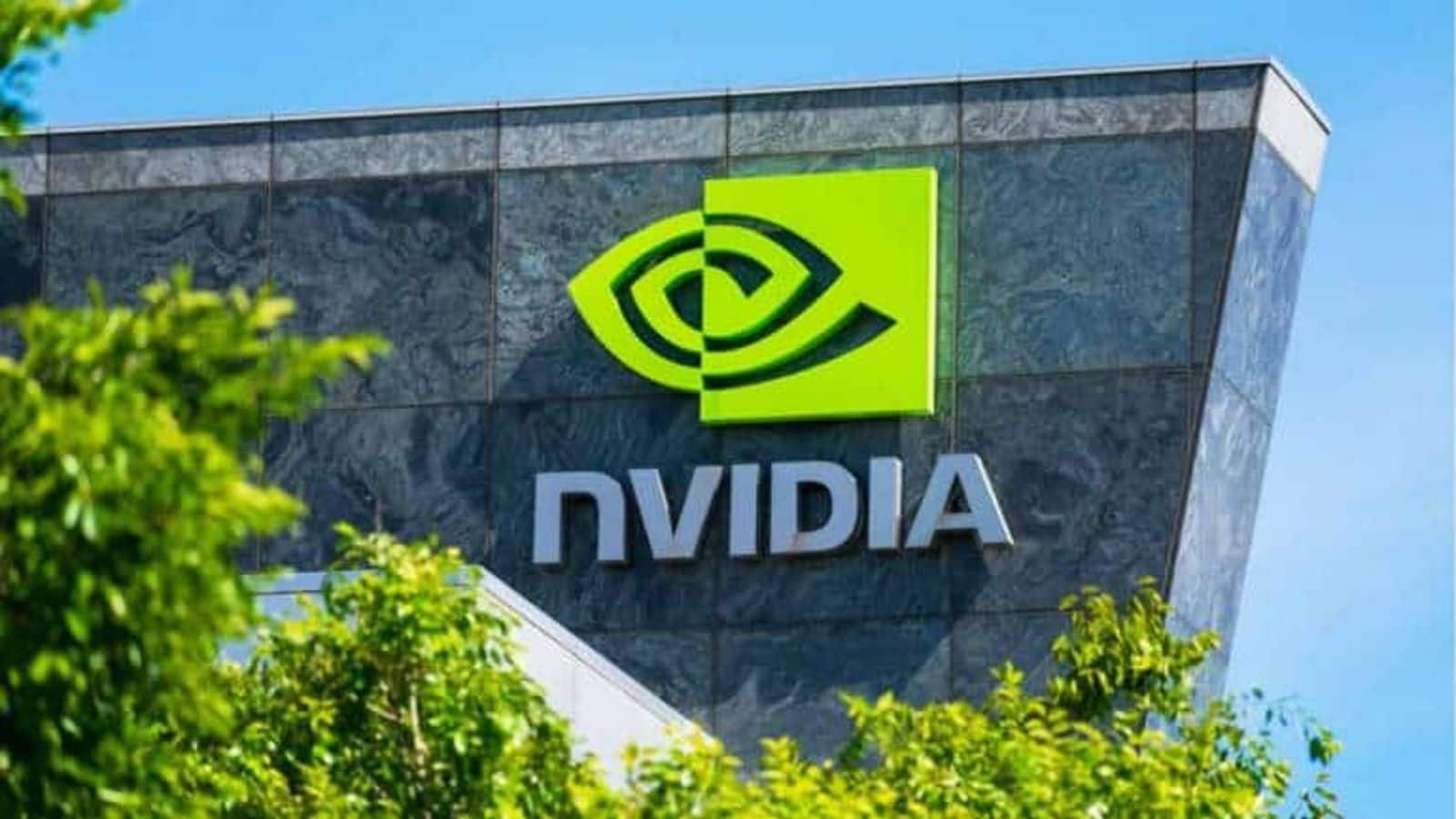
Chinese entities procure NVIDIA AI chips despite US ban: Report
What's the story
Chinese universities and research institutes have reportedly procured prohibited NVIDIA artificial intelligence chips, despite a US ban extended last year. A review by Reuters of multiple tender documents, revealed that 10 Chinese entities secured these advanced chips through resellers. These chips were then integrated into server products manufactured by Super Micro Computer Inc, Dell Technologies, and Taiwan's Gigabyte, after the US expanded its embargo on November 17, to include additional chips and countries under licensing rules.
Chip details
NVIDIA's most sophisticated chips housed in the servers
The servers housed some of NVIDIA's most sophisticated chips, according to tenders completed between November 20 and February 28. Despite US restrictions prohibiting NVIDIA and its partners from selling these advanced chips to China, even through third parties, their sale and purchase are not considered illegal in China. The sellers were 11 lesser-known Chinese retailers, with uncertainty remaining about whether they used stockpiles procured before the US tightened chip-export restrictions in November.
Official response
NVIDIA, server manufacturers respond to the allegations
In response to Reuters' inquiry, an NVIDIA spokesperson clarified that the tenders specify goods that were exported, and widely available before the restrictions were imposed. "They do not indicate that any of our partners violated the export control rules and are a negligible fraction of the products sold worldwide," they said. The server manufacturers also asserted their compliance with relevant laws or promised further investigation into these allegations.
Buyers identified
Purchasers of advanced chips included prominent entities
The purchasers of these advanced chips included prominent entities like the Chinese Academy of Sciences, the Hubei Earthquake Administration, and universities in Shandong and Southwest. Other buyers were a tech investment company owned by the Heilongjiang provincial government, a state-run aviation research center, and a space science center. These purchases took place despite the US embargo on high-end NVIDIA AI chips to China.
Legal viewpoint
Lack of visibility into supply chains makes enforcement challenging
Daniel Gerkin, a partner at Washington-based law firm Kirkland & Ellis, suggested that NVIDIA chips could have been redirected to China, sans the manufacturer's knowledge, due to zero visibility into downstream supply chains. He added that if the manufacturer had conducted sufficient due diligence, "it presumably would be challenging for the US government to pursue an enforcement action." This statement highlights the complexities involved in enforcing international trade restrictions.
Monitoring measures
US Commerce Department monitors diversions of restricted chips
The US Commerce Department stated that its Bureau of Industry and Security, actively monitors diversions of restricted chips, conducts end-use checks, and examines potential breaches. A spokesperson said officials would investigate any allegations of violations, including through the use of shell companies.